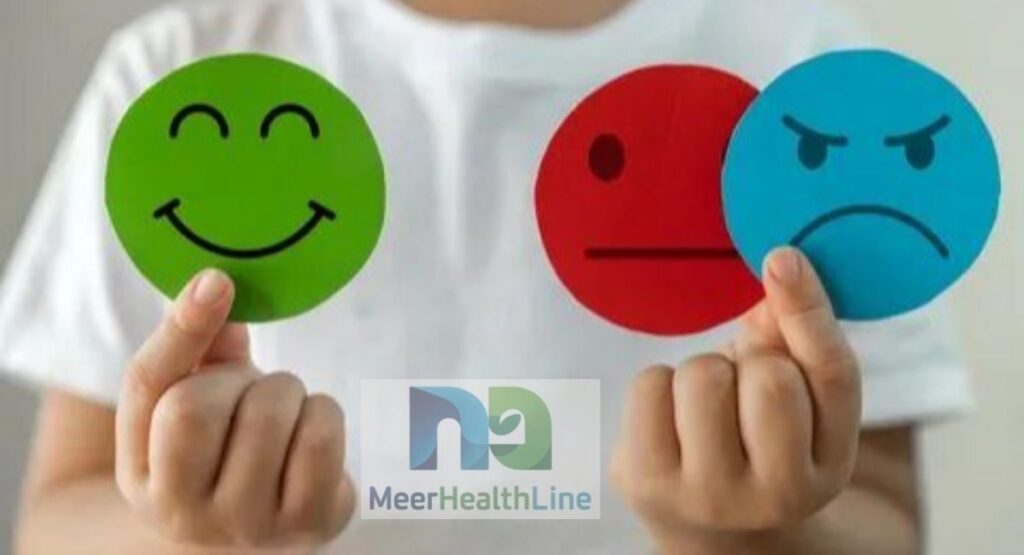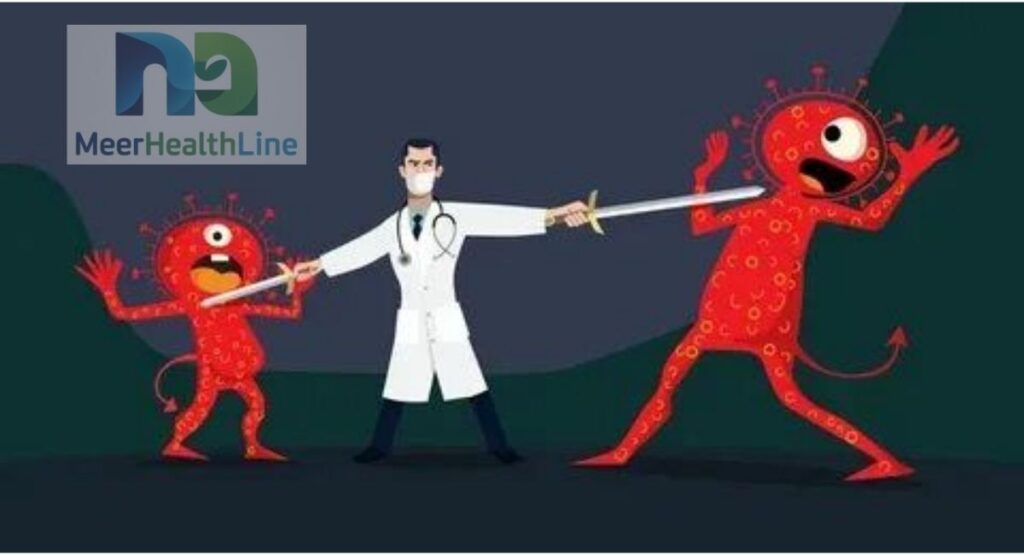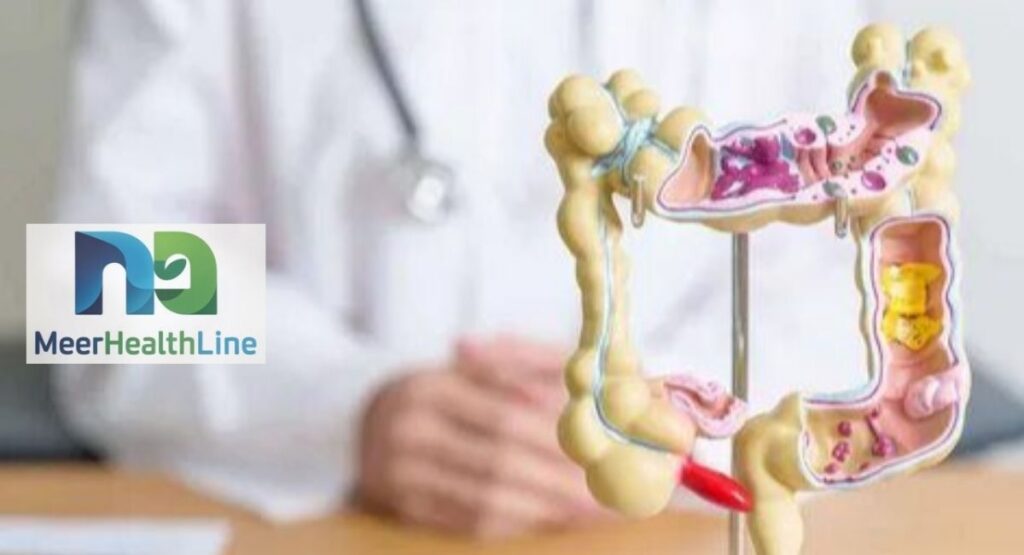Introduction:
In the current busy world, health has come to be among our most treasured resources. No matter what it is you want: more energy, stronger immune system, sharper mind, or just to live longer and be more active–starting point to all of those is in in general health. Everyone with a vested interest will say that health matters, but few take the time to really examine.
what general health is and why it touches every single aspect of everything that we do daily. However, in our present day society, it is very rapidly becoming harder to have balanced health. A lot of people consider “being healthy” as either a physical health or a lack of ill health, whereas being healthy is much more complicated. It involves physical, mental, emotional, social, environmental and even spiritual well-being.
When one of these is broken there is usually a toll on our health which we do not realize. In the long-term, it can lead to chronic fatigue, low immunity, weight gain, anxiety, burnout, or lifestyle disease (diabetes and heart disease). In this article we will discuss what general health actually implies and deconstruct it into its fundamental facets beyond the diet-exercise story.

I. What Is General Health?
General health is the physical, mental, emotional, and social well-being of a person. Not solely the dearth of sickness or infirmity, it is a thorough condition of maximum capability and equilibrium in every aspect of life. According to the World Health Organization (WHO), health is described as follows: Health is a state of complete physical, mental and social well-being and not merely an absence of disease or infirmity.
This definition provides a wider meaning of health and pays attention to a wholistic, preventive, participative approach to health .General health covers how you are made up to navigate through life, keeping resilience when challenged, being felt energized when faced with stressors in all aspects of life.
II. Key Components of General Health
- Physical Health
- This involves keeping your body in healthy condition by being physically active, eating well, getting enough sleep and preventive measures.
- Things such as cardiovascular wellbeing, musculoskeletal wellbeing, bodily mass control, as well as power are fundamental criteria in this category.
- Good physical health lets you be productive in your daily tasks, and less prone to chronic diseases.

2. Mental and Emotional Health
- Mental health describes psycho-cognitive skill and functioning, emotion, and well being.
- It entails your capability to reason, to control your emotions, to deal with stress as well as to maintain good relationships.
- Good emotional health is beneficial in decision-making, creativity and self-esteem. Neglect of the mental wellness may result in uneasiness, depression, and weariness of the soul.
- Social and Environmental Health
- As human beings, we are social and relationships are a great part of health as well.
- The positive social circles can decrease the tension, raise motivation, and improve the sense of belonging.
- Environmental health is concerned with the external environment such as clean air, availability of safe drinking water, agent of noise and safe living conditions that affect your physical and psychological wellbeing.
- Spiritual Health
- Spiritual health has long been ignored as an important component of health.
- It involves a sense of meaning, belonging and values.
- Meditation, no matter the religion, or personal beliefs, building spiritual health can increase satisfaction in life, alleviate stress, and transform emotional strength.

III.The Importance of General Health
- Improves Quality of Life: Quality of life is improved when you are in good health as you are both mentally and physically feeling good. You are able to participate in daily activities, carry out activities you desire to accomplish and live a more meaningful life.
- Prevents Chronic Disease: General health programs reduce the risks of acquiring lifestyle illnesses such as heart disease, diabetes and obesity. The healthy immune system is stimulated, digestion becomes better, and hormones are balanced under good overall health.
- Brain Health: Overall health is valuable to better thinking abilities and focus and mood. Healthy people are generally more productive, active, and emotionally fit.
- Increases life expectancy: The evidence has depicted that healthy lifestyle options that are exercised properly and adopted the long-term have the potential to prolong life expectancy to a large extent and even improve quality of life later in life.
- Increases Economic Frugalities and Productivity: Healthy people are less likely to take sicknesses, expensive medical insurance, and also are more productive in their respective workplaces. Preventive-oriented lifestyles lower the cost of healthcare over time and eliminate dependency.

IV.General Health Threats
- Bad diet: Diets full of processed foods, sugar and saturated fats predispose obesity, diabetes, cardiovascular and vitamin and minerals deficiencies.
- Physical Inactivity: Becoming physically active will not only cause more circulation but it will also prevent wasting of the muscles and one will avoid weight gain, fatigue and exposure to the chronic disease.
- Stress and Anxiety: Stress impairs the immune system, cardiovascular condition of the body, digestive effect and the mental capacity. It possesses the potential to trigger or exacerbate a number of health issues despite being left unmanaged.
- Insufficient sleep: The cells need to be repaired, the memory consolidated, the hormones regulated, the emotions stabilised with sleep. The effects of sleep deprivation are waves of fatigue and irritability, as well as low efficiency.
- Unhealthy Environments: Unhealthy living conditions such as unclean air, working in unhygienic conditions, overpopulation, and exposure to noise regularly could cause a poor physical and mental state in the long-term.
V. Action Strategy to Enhance General Health

- Choose a Whole-Foods and Balanced Diet
- Increase: Vegetables, fruit, lean protein, legumes, whole grains and healthy fats.
- Avoid highly processed food, artificial ingredients, refined sugar and excess caffeine.
- Personalized nutrition through tests of reaction to foods or through food monitoring might be considered.
- Take regular exercises
- To combine aerobic (e.g. walking, swimming) and anaerobic (e.g. strength training) activities.
- Include stretching, yoga or pilates to hike the flexibility and chances of staying off the injury.
- No need to be perfect just concentrate on consistency- in 30 minutes a day that is the difference.
- Establish Stress Managing Practices
- Engage in mindfulness meditation, deep breathing, progressive muscle relaxation or journaling.
- Be grateful and less time with a screen, particularly at night.
- Set workplace and life rules and spend more on relaxation and assertion.

4.The importance of Good Sleep
- Try to sleep at the same time every day and set up proper conditions (dark, not noisy, cool room).
- Avoid consuming caffeine, alcohol, and electronics in bed at least an hour before it.
- Treat sleep disorder, such as insomnia or apnea, with a physician.
5.Cultivate Social Relations
- Be connected to family, friends and communities.
- Ask others to give you emotional support and support others.
- Volunteer or do community service.
6.Keep Informed with Preventive Care
- Set up annual check-up, to clean teeth, and eye exams.
- Have the right kind of screenings in terms of age, gender and family history.
- Update the vaccinations and do what the doctors advise.

VI. Myths and Misconceptions about General Health
To create an adequate and practical perception of wellness, it is important to analyze common myths surrounding general health.
Many myths may keep people away of being as healthy as possible.The most pervasive myths are explained in the following way:
Myth 1: You are healthy when you are not sick.
- Reality: Being healthy does not imply being not sick. Many chronic illnesses like high blood pressure, pre-diabetes or mental health conditions lack clear matched symptoms and may not be discovered several years later.
- The key to optimal health is not simply to survive but also to thrive, to be mentally alert, emotionally balanced, strong and physically fit. Preventive and proactive rather than reactive true health.
Myth 2: Health is diet and exercise.
- Reality: As much as diet and physical activity are paramount pillars, health is multidimensional. The overall health comprises mental well-being, emotional stability, social support, environmental quality and even spiritual alignment.
- As an example, a person who follows a perfect diet and exercise plan can feel burnt out, lonely, or strained all the time, all of which are harmful to health.
• Myth 3: Begin thinking about health after you are 40.
- Reality: The sooner healthy habits are started the better. Developing a sustainable food, physical activity, sleep, and stress management routine is crucial during childhood and early adulthood.
- By postponing change until the midlife, what people do is work to undo the years of harm done, instead of laying a solid, healthy foundation in the first place.
• Myth 4: Mental health is distinct health.
- Reality: The mind body connection is strong. Constant stress and emotional discomfort can cause immune system suppression, digestive disorders, sleep disturbances, heart disease, and autoimmune diseases.
- Taking care of your mental health is a constituent of physical health.
- Myth 5: Dietary supplements can substitute the healthy lifestyle.
- Reality: Supplements can aid in addressing food nutritional deficiencies, but they can never replace the actual food, frequent physical work, and sound sleep.
- Relying too much on pills with no amendments in the ways one lives creates the misperception that one is getting healthy without taking advantage of the actual healing and balance.

- Myth 6: To be healthy you have to be on a strict regimen
- Reality: Health is not about perfection; it is about consistency.
- Excessive strict regimes will cause stress, guilt and undoable habits. It is more effective to have a flexible and balanced approach that is flexible to both your lifestyle and values to make it work towards long- term well- being.
- The secrets to sustainable health are listening to your body, modifying objectives and self-compassion.
- As we undermine these assumptions, so does the possibility of a more inclusive, practical, and empowering wider idea of what it means to be healthy open up.
Conclusion:
Owning Your Health is a Dynamic and Lifelong Process Going beyond fitness, health care is a dynamic and life-span process and touches every aspect of your life. It is not about achieving one objective, but a daily process of decision-makers that should be aimed at supporting physical, mental, and emotional health.
It is a fact that the journey to optimal health is different according to each individual, but the values remain identical they incorporate nutrition, movement, rest, psychology, relationships, and environment
As soon as you understand what exactly this term general health is and why it is so important, you provide yourself with an opportunity to live in a more intentional and complete way.Keep it small, keep it up, and keep in mind: anything small can later yield huge and sustained
Meta Description:
Learn what general health actually means, why it matters in your life, and how to improve it using profoundly deep science-based techniques to improve physical, mental, emotional, and social health.

Welcome to Meer Health line. I am Muhammad Naeem, an AI-Povered SEO, and Content writer with 4 years of experience.
I help website rank higher, grow traffic, and look amazing. My goal is to make SEO and web design simple and effective for everyone.
Let’s achieve more together!


1 thought on “What Is General Health and Why Is It Important?”